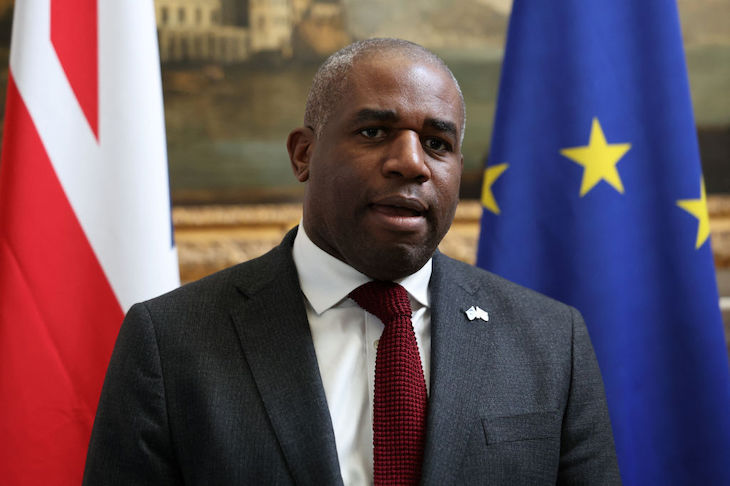It just happened to be my birthday. A Friday lunchtime at the start of November. Broad daylight. I had left Oval tube station and was about to turn onto my road. But as I strolled along the pavement, airpods in, replying to happy birthday messages on WhatsApp, the inevitable happened. Snatch. My phone was lifted straight out of my hand by a teenager on a bike. I suppose it served me right for listening to The Rest is Politics at the time.
The police, of course, were completely uninterested when my phone was stolen. My case was closed within 48 hours, despite the theft occurring on a road plastered with CCTV cameras
I immediately felt like a complete mug. Almost every friend of mine in London had warned me about the proliferation of phone theft. I’d read enough newspaper articles about it, too. As such, I was normally more cautious about where and when I used my phone in the capital. But the one moment I let my guard down, no doubt lulled into a false sense of security by the fact I was just a few hundred yards from my front door, they pounced.
In the immediate aftermath, my fight or flight instinct kicked in, so I chased after the culprit shouting ‘you fucker, you fucker’ at the top of my lungs. Given he was on a bike and I was on foot, I’m not quite sure what I was hoping to achieve. In the miraculous event I’d caught up with him, I’d probably have been treated to a gentle stabbing for good measure.
Sadly, my experience is now depressingly common. Nearly one in three people in the UK have had their mobile phone stolen, according to a new study by the fintech start-up Nuke From Orbit. The data reveals that 29 per cent of British adults have been victims, up from 17 per cent in 2023, and less than a quarter of those surveyed said their first instinct was to contact the police, instead choosing to contact their banks and mobile carriers.
Thankfully in my case, given how close I was to home, I was quickly able to mark my phone as lost via my laptop, suspending my cards within minutes. ‘Find My Device’ also showed that my phone had already made it to a phone shop in Brixton. Still full of high dudgeon, I headed straight for the store in question and had a testy exchange with the assistant, who I essentially accused of fencing stolen goods. Naturally, he denied it – but I have little doubt my phone was already in the back room being wiped.
The police, of course, were completely uninterested. My case was closed within 48 hours, despite the theft occurring on a road plastered with CCTV cameras. Figures from the Met show criminals stole more than 70,000 devices in London last year, an average of 192 a day. And those are only the reported cases. In fact, police now estimate phone theft to be a £50 million underworld industry, with most devices flogged or disassembled for parts in China.
It is easy to lambast the police for having their priorities skewed: easy because it’s true. Had I reported a non-crime hate incident instead, would my case really have been closed within two days? Somehow I doubt it. Phone theft is sudden, shocking and sometimes violent – and it’s on the rise. It should be a priority for the authorities, not an afterthought. Sadly, it has become completely normalised in Sadiq Khan’s London.








Comments